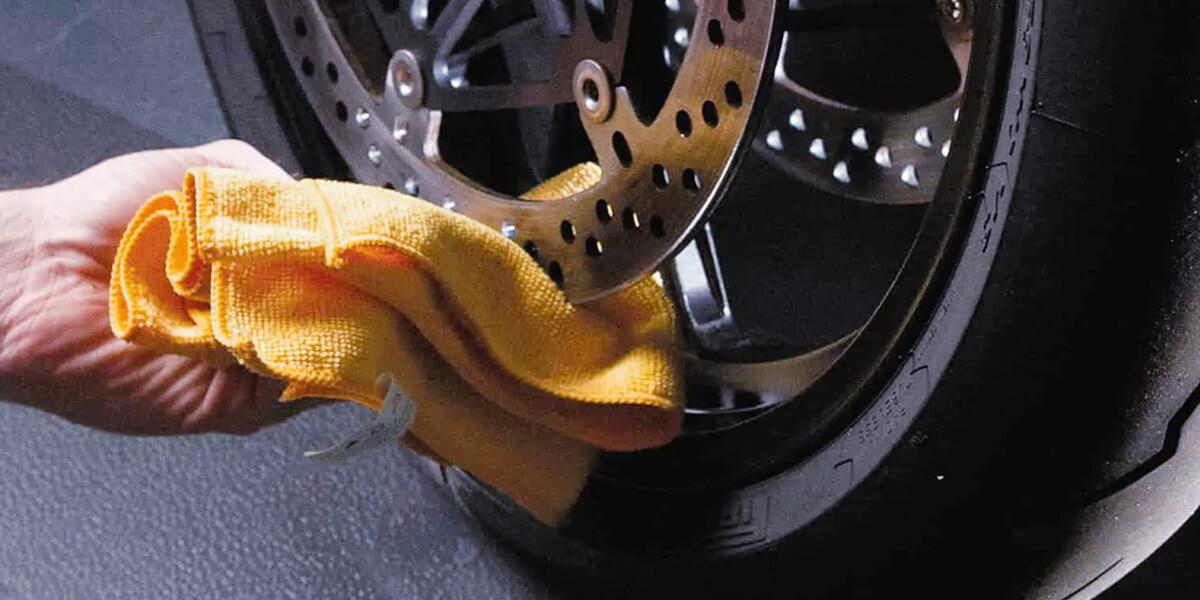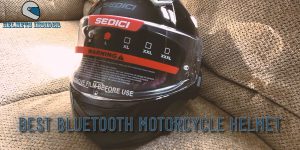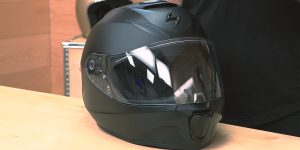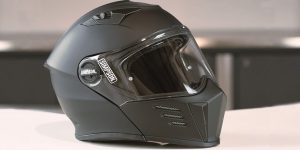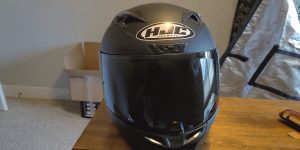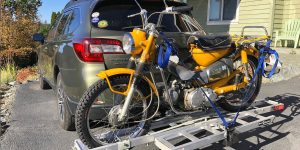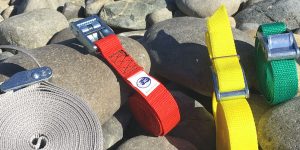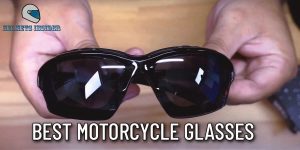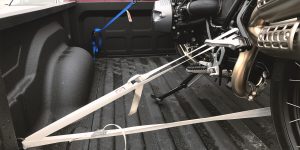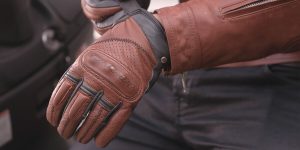Brake calipers are important components of any motorbike’s braking system, and their proper function is critical in ensuring road safety. However, many motorcycle owners don’t pay sufficient attention to maintaining them in clean condition. Or just don’t know how to clean brake calipers.
Neglecting the moto brake caliper maintenance can result in a range of issues, including reduced braking power, increased stopping distance, uneven brake clip pad wear, and even brake failure. This highlights the importance of regular inspection and cleaning of brake calipers, which can help prevent costly repairs and ensure the safety of both the driver and other road users.
In this article, I will share with you step-by-step instructions on how to clean up motorcycle brake calipers and provide some tips for maintaining their optimal condition to ensure safe driving.
Required supplies and tools
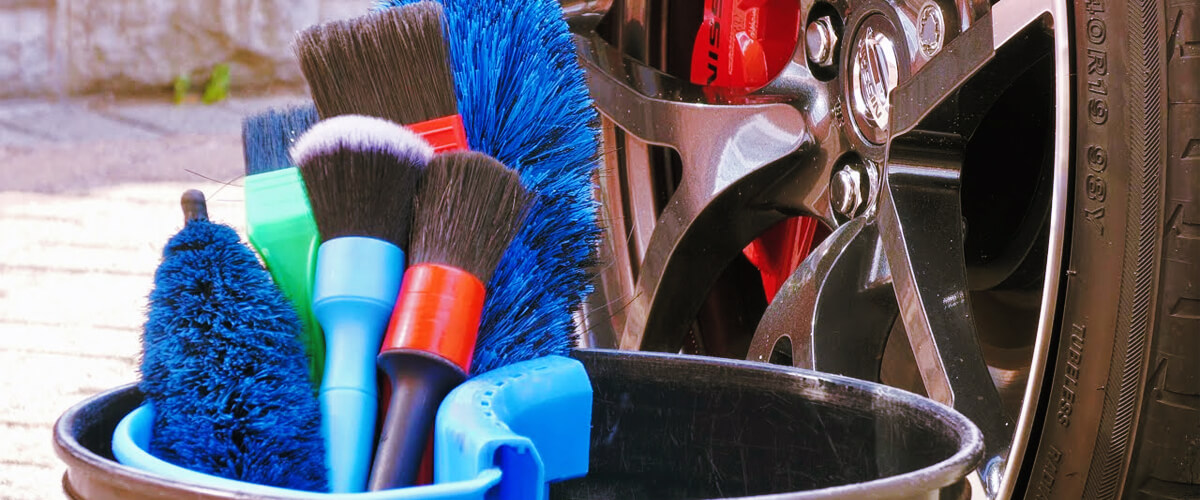
To effectively clean your brake calipers, you will need the following materials and tools:
| Tool | Why do you need it |
|---|---|
| Brake cleaner | This specialized solvent is designed to clean rusty brake calipers and remove dust, dirt, and grime. Brake cleaner is available in aerosol cans and can be purchased at auto parts stores or online. |
| Wire brush | A wire brush is used to remove any rust or debris from the surface of the brake caliper. It is important to use a wire brush that is specifically designed for use on details to avoid damaging the caliper. |
| Brake grease | This tool helps you to lubricate the brake caliper slide pins and other components to prevent rust and corrosion. It also helps to reduce noise and vibration during braking. |
| Latex gloves | These special accessories will help protect your hands from the brake cleaner and other solvents that are used during the cleaning process. |
| Rags or paper towels | These will be used to wipe down the components after the caliper cleaning. |
| Jack and Jack stands | You will need these tools to safely lift and support your vehicle while you work on the brake calipers. |
| Lug wrench | It is needed to remove the lug nuts from the wheel. |
| Brake piston tool | This tool is used to compress the brake piston back into the caliper when changing pads or rotors. |
| Screwdriver | A screwdriver is needed to remove any retaining clips or other components that may be holding the pads in place. |
It is important to have all these materials and tools on hand before cleaning brake calipers to ensure the process is completed safely and effectively. Using the wrong materials or tools can result in damage to your motorbike, or you may suffer various minor injuries in the process.
Safe removal of brake caliper
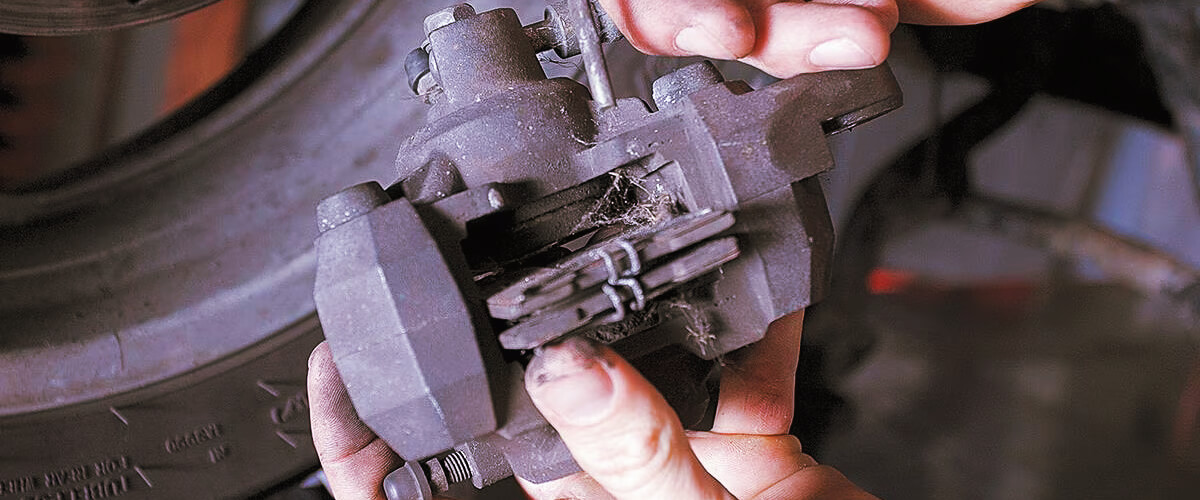
Removing the brake caliper from your motorcycle is a critical part of the cleaning process. However, it is important to do this safely and carefully to avoid damaging any of the components or causing injury. Based on my experience, I can share the steps to safely remove the brake caliper:
- Begin by loosening the lug nuts on the wheel that the brake caliper is attached to. You will need to use a lug wrench to do this.
- Jack up the motorcycle and use best motorcycle stands to support it. Make sure it is stable before continuing.
- Remove the lug nuts and slide the wheel off the motorcycle. Set the wheel aside in a safe place.
- Locate the brake caliper, which will be mounted to the brake rotor. Remove any retaining clips or other components that may be holding the brake pads in place.
- Carefully slide the brake caliper off the rotor. Be sure to support the weight of the brake caliper to avoid damaging any of the detail lines or other components.
- Inspect the brake caliper for any signs of damage, such as cracks or leaks. If you notice any damage, it may be necessary to replace the caliper.
- Once the brake caliper is removed, you can begin cleaning it using the materials and tools listed in the previous section.
Don’t forget to take some precautions when working with the components of the brake clip system. For example, avoid getting any cleaner or other solvents on the pads or rotor, which can affect their performance. Additionally, be sure to wear gloves to protect your hands from any chemicals or debris that may be present on the components.
With years of experience working on various vehicles, I have found that it is important to take your time and work carefully when removing the brake caliper from your bike. Rushing through this process or being careless can damage your motorcycle or cause injury to yourself.
Thorough cleaning of brake caliper
As I said before, over time, clip dust, dirt, and other debris can accumulate on the brake caliper and cause problems such as reduced braking effectiveness, noise, and uneven pad wear. Let me remind you again that regularly cleaning your brake calipers can help ensure their proper function and prevent costly repairs in the future. It also allows for a thorough inspection of the brake caliper, enabling you to identify any signs of wear or damage that may require attention. By following these steps, you can effectively clean your brake calipers and maintain the safety of your vehicle on the road:
- Begin by removing the pads from the caliper. You can use a screwdriver to pry them out if they are stuck.
- Use a wire brush to remove any rust or debris from the surface of the motorcycle brake calipers. Be sure to use a wire brush that is specifically designed for use on components to avoid damaging the caliper.
- Spray the brake caliper with a cleaner and rust removal to get rid of any dust, dirt, grime, and rust. Be sure to follow the manufacturer’s instructions and wear gloves to protect your hands.
- Use a clean rag or paper towel to wipe down the brake caliper and remove any remaining debris or cleaner residue.
- Inspect the piston and clean it thoroughly with a brake cleaner and a soft-bristled brush. Be sure to clean all sides of the piston and remove any debris that may be present.
- Apply a small amount of grease to the caliper slide pins and other components as needed to lubricate them and prevent rust and corrosion.
- Reinstall the pads and any other components that were removed during the cleaning process.
Maintenance and lubrication of brake caliper
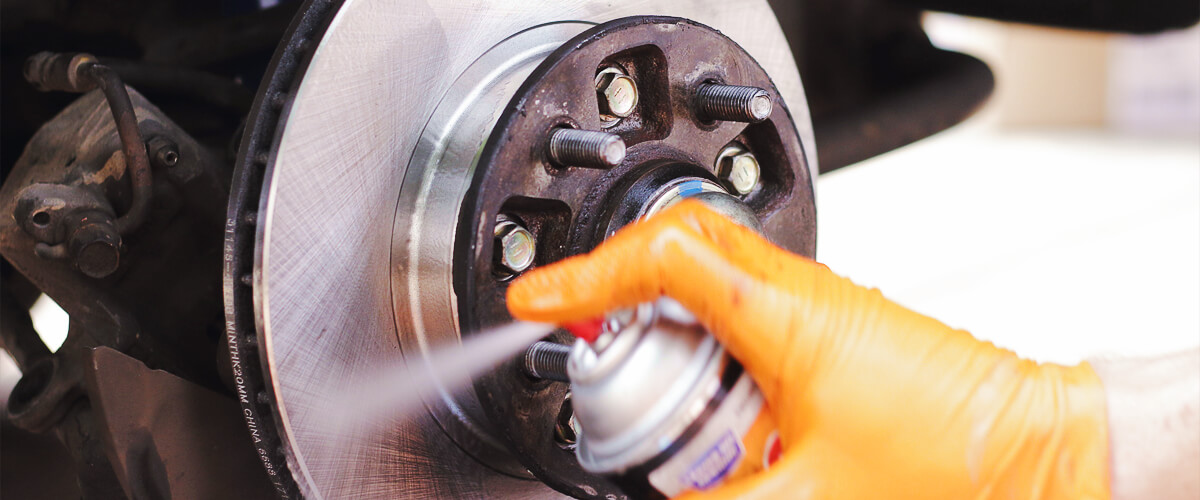
Regular inspection allows for detecting signs of wear or damage, such as cracks or leaks, which, if left untreated, can cause more significant problems. In addition, having worked with countless vehicles and their braking systems, I have come to understand that proper lubrication is key in preventing rust and corrosion, which can cause harm to your motorcycle.
When lubricating the motorcycle brake caliper, it is important to use grease specifically designed for use on clip components. Failure to use the right type of grease can lead to problems down the line. Care must be taken when applying brake grease to the caliper slide pins and other components to avoid getting it on the pads or rotor, which can negatively affect their performance.
High-quality pads that are specifically designed for your bike are also important to ensure proper braking effectiveness. Therefore, try to select the highest quality parts for your motorcycle model and those most suitable for technical specifications.
If you notice any issues with your braking system, such as noise or reduced braking effectiveness, and you can’t solve them yourself, it is essential to seek professional help. An experienced mechanic can assess your vehicle’s clip system and take any necessary actions.
FAQ
How often should I clean my brake calipers?
It is recommended to clean your brake calipers at least once a year or more frequently if you often drive in harsh conditions or have a build-up of clip dust. If you notice any issues with your braking system, such as noise or reduced braking effectiveness, cleaning should be carried out earlier than the scheduled time.
How often should I inspect my brake calipers for wear and damage?
Regular inspection of your brake calipers is essential to ensure proper function and prevent any costly repairs in the future. It is recommended to inspect them every time you have your pads replaced or at least once a year if you don’t replace them often. If you notice any signs of wear or damage, such as cracks or leaks, it is important to address the issue promptly to avoid further damage or accidents. Also, I recommend using outdoor motorbike cover to reduce dirt from your motorcycle brakes.
Is cleaning and lubricating the front and rear brake calipers necessary?
Yes, it is necessary to clean and lubricate both the front and rear brake calipers. Neglecting the maintenance of any braking system component can lead to reduced braking effectiveness, noise, or other issues. Regular maintenance of both the front and rear brake calipers can help ensure the safety and reliability of your motorcycle’s braking system.
Is it necessary to use a torque wrench when reinstalling the brake caliper bolts?
Yes, it is essential to use a torque wrench when reinstalling the brake caliper bolts to ensure proper tightening and prevent any damage or accidents. Its usage helps to ensure that the bolts are tightened to the manufacturer’s specifications, which is crucial for the proper function of the braking system. Failing to use a torque wrench can lead to uneven pad wear, reduced braking effectiveness, or even brake clip failure.

